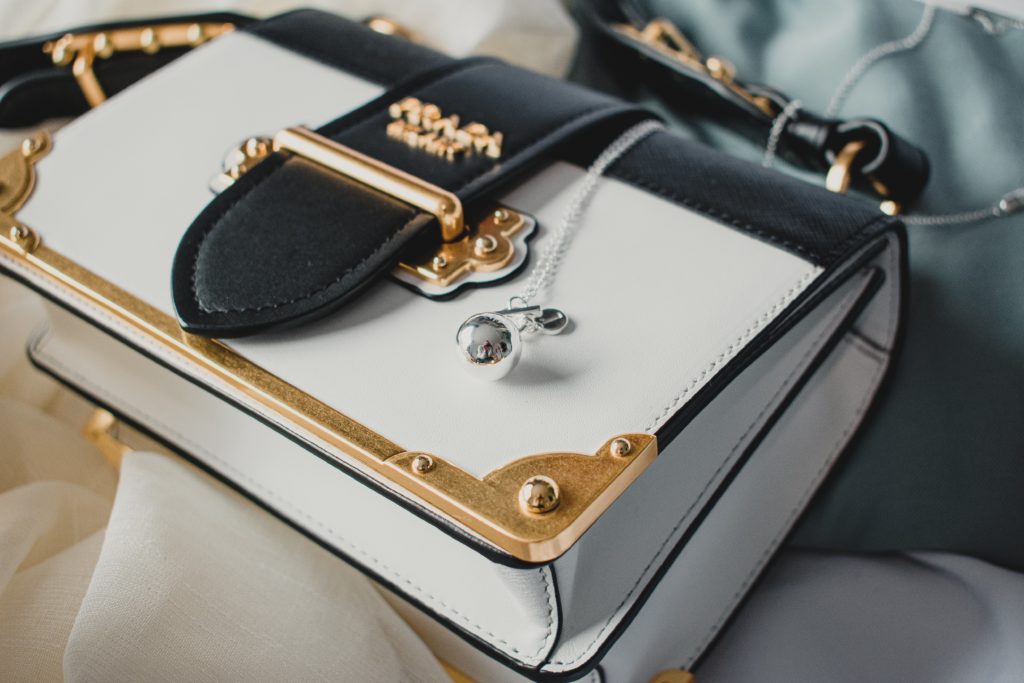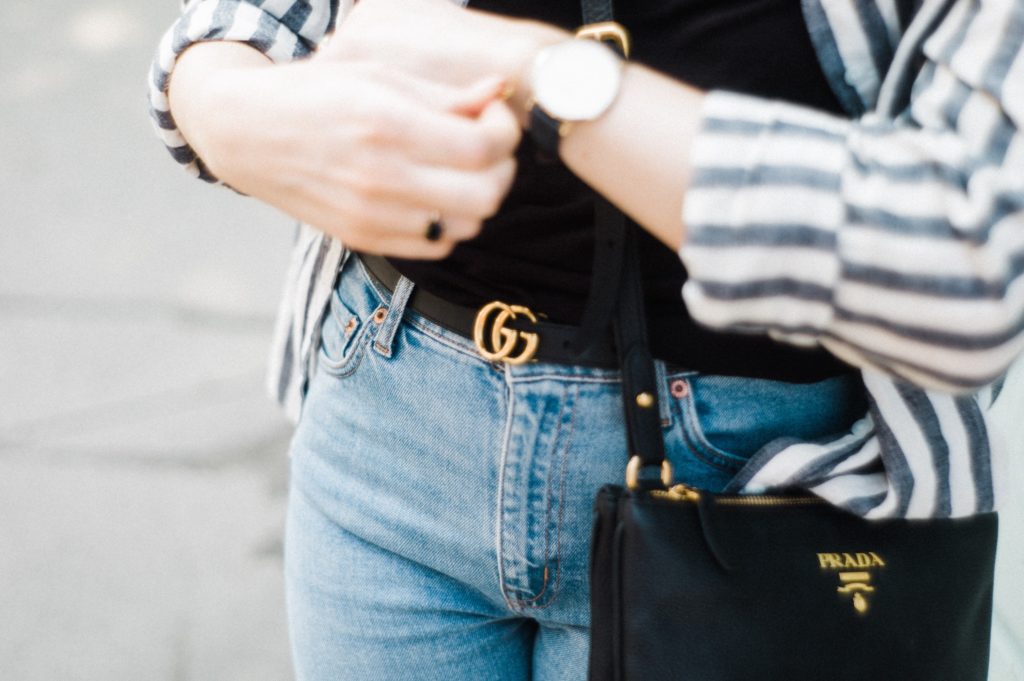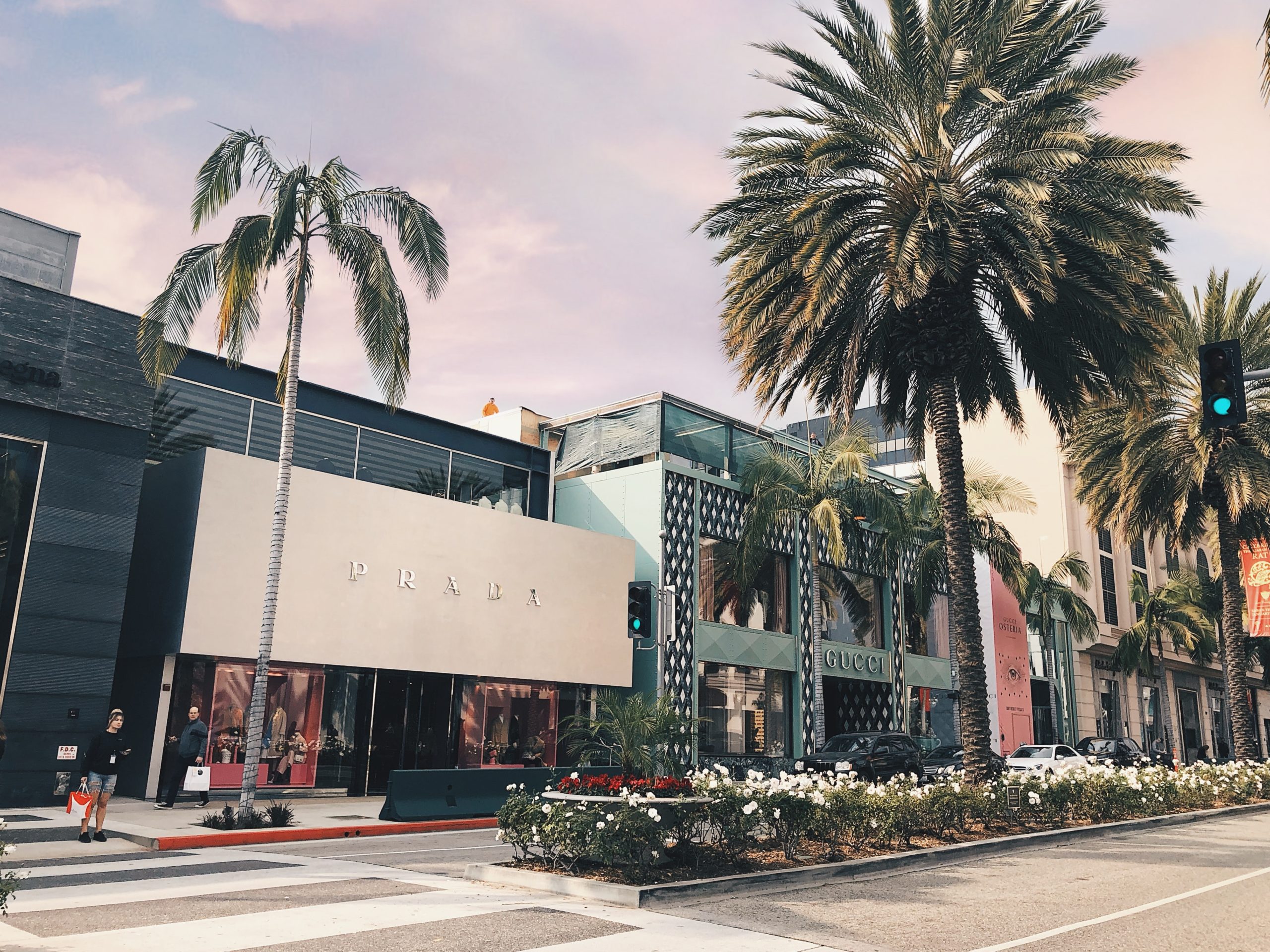3 Mins Read
Italian fashion house Prada is considering how to leverage secondhand sales, according to the brand’s marketing chief. The move comes in the wake of younger consumers looking for conscious ways to buy designer goods. Prada has not yet revealed how it plans to tap into the second-hand sector.
As a brand, Prada has become synonymous with elegant luxury. Once a small leather goods company, it has grown into an eccentric and bold interest. Today, it is a favourite with consumers who recognise the iconic triangle tag and see it as a measure of quality. Embracing the secondhand goods sector will be a step away from tradition for Prada, in line with consumer demand.

Prada to monetise pre-loved
Secondhand shopping is on the rise. The sector is predicted to reach €33 billion this year. This would represent a 65 percent increase between 2017and 2021. In contrast, the first-hand luxury market has only grown 12 percent over the same period. In 2018, 60 percent of consumers polled said they would buy secondhand luxury goods. A balance of price and quality was deemed to be the driving motivation.
Prada is now investigating ways to tap into the sector in a meaningful way. In-house ideas and external partnerships are both being considered, marketing chief and heir Lorenzo Bertelli told Reuters. “Secondhand is a strategy we have been investigating for more than a year,” he said, before adding: “I cannot disclose too much but for sure secondhand is there. We will take it as an opportunity.”
Earlier in the year a report revealed that Prada had one of the worst brand performance in terms of addressing the climate crisis. Its heavy use of fossil fuels saw it given an “F” grade by Stand.earth researchers.
An emerging trend
Fashion houses are used to dictating trends, not following them. However, some of Prada’s competitors are already exploring secondhand options. French luxury group Kering has been quick to react, securing a 5 percent stake in Vestiaire Collective. The secondhand clothes and accessories platform is a leader in the field of luxury resales. The share acquisition was part of a €178 million funding round.
Kering’s most notable brand, Gucci, is also making moves, having formed a partnership with The RealReal. A platform dedicated to selling authenticated secondhand luxury goods, connecting with Gucci represents a large industry adaptation for the U.S. resale leader. Traditionally luxury fashion houses have historically been unsupportive of pre-owned sales as it weakens their control over authentic distribution, but this is changing. The dynamic shift is thought to be a response to environmentally conscious shoppers looking for less impactful ways to own designer pieces.

Embracing the circular economy
Luxury fashion and environmental credentials have not always been easy bedfellows. From the use of fur to encouraging one-season use, methodologies have been questionable. Now, with multiple generations of planet-conscious consumers, things are changing.
The circular fashion economy idea is becoming mainstream. Notions of wearing more, buying less, and choosing pre-loved are well-known and regularly discussed in the media. Luxury goods brands are influential, so by supporting the movement, a systemic mindset shift is possible. In terms of businesses, they can partner with resale platforms to reap financial benefits. They can also retain control of how their collections are being sold and valued.
Japanese luxury giant Takashimaya is taking a different tack. It announced this year that it is using upcycled materials from its own supply chain. The recycled pieces will be produced in partnership with 15 brands initially, and 100 more are expected to join the program in the future.
All images courtesy of Unsplash.





